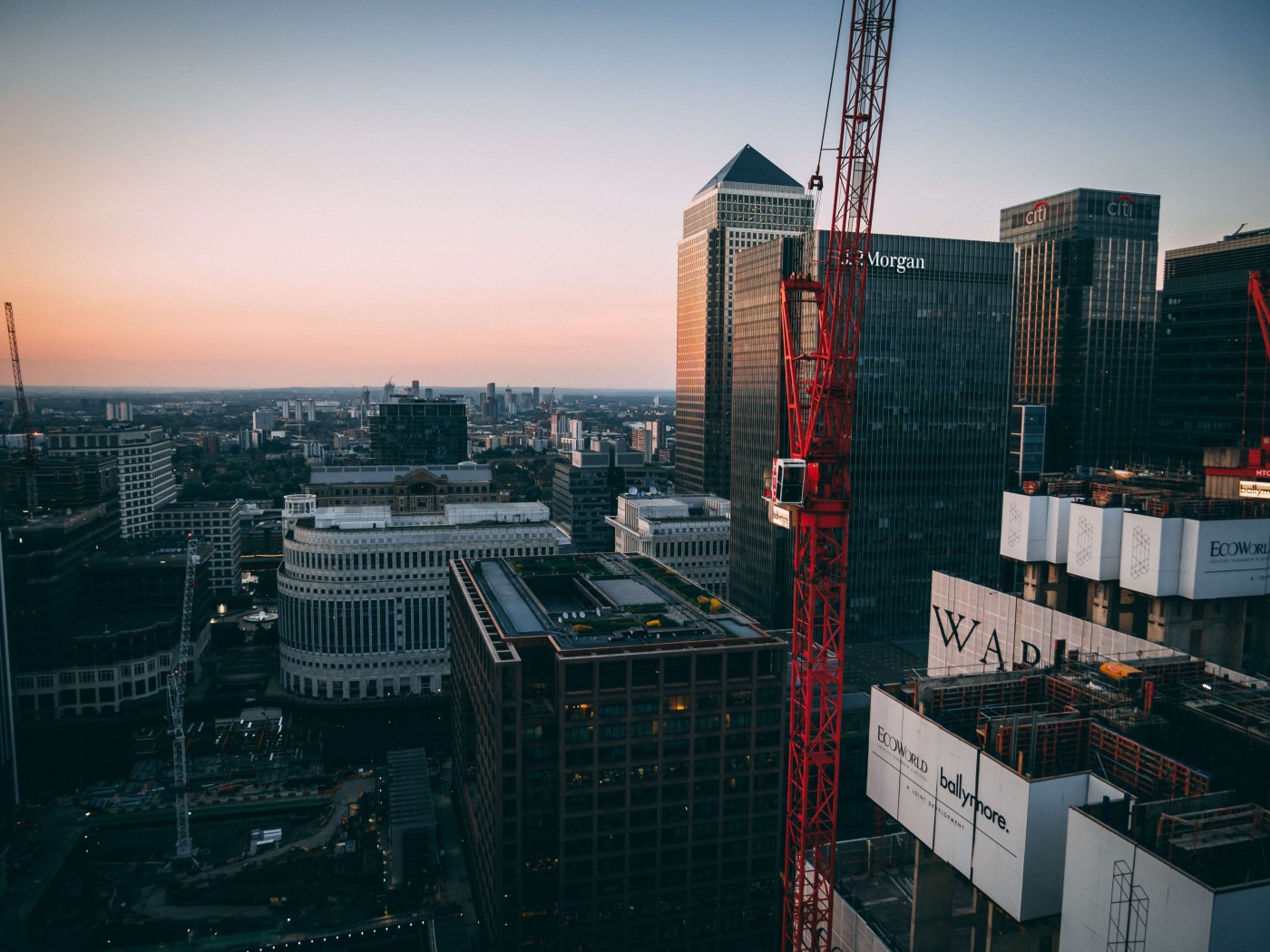JP Morgan warns UK inflation could see interest rates surpass 7%
With a current inflation rate of 8.7%, the UK finds itself battling against the highest inflation rate in the G7. In a bid to tackle such economic pressures, last month the Bank of England announced it would raise interest rates to 5%, the highest it’s been for 15 years.
The decision took many analysts by surprise, as it has inevitably led to higher repayments for people with loans and mortgage holders. The Guardian recently reported that mortgage lenders have increased rates to a five-year average of over 6%, yet another blow to the average household, as the cost of living crisis worsens. Housing experts have been very sceptical of the UK’s economic approach, as recession risks are starting to mount.
In rather controversial fashion, leading economist Allan Monks of JP Morgan has warned that the Bank of England needs to push interest rates to as high as 7% to tackle inflation
In rather controversial fashion, leading economist Allan Monks of JP Morgan has warned that the Bank of England needs to push interest rates to as high as 7% to tackle inflation. It’s bad news for millions of borrowers, as the average mortgage rate as of last year sits steadily at around 2%. The increase in the base rate will undoubtedly add huge pressure to countless Britons already struggling with higher food and energy bills.
Mortgage brokers expect average house prices to severely plummet if interest rates stay on the rise, however Monks seems to think Britain is “not facing a 2007-2008 scenario” and that there is “no sign of any crash”.
Monks did however go on to say that a hard landing – a marked economic slowdown or sharp downturn – for the UK economy is “increasingly likely”. The surging borrowing costs are likely to hit business confidence and drive up unemployment, both of which are key features of a recession. With that in mind, the natural question to ask is why is there a need to increase interest rates further?
The natural answer is that as the cost of borrowing goes up, so does the reward for saving. That’s all well and good when people have money in the bank, but given the cost of living crisis we are in, it’s unlikely that the people worse affected will reap many of the benefits. To make matters worse, banks have been reluctant to pass on higher saving rates to new and existing customers, which has led MPs to call on banks to “up their game”. Chancellor Jeremy Hunt has condemned banks for being “too slow” on passing on rates and has said the issue “needs resolving”.
By raising the interest rate, the Bank of England aims to limit consumer spending, which in turn should slow down rising prices
By raising the interest rate, the Bank of England aims to limit consumer spending, which in turn should slow down rising prices. It makes perfect sense in theory, but as any economist will tell you, many different outcomes can occur when theories are put into practice.
Questions are being asked about the impact these rises may have on the housing market. Craig Fish, managing director at London-based mortgage broker Lodestone, says that the mortgage market would “tank completely” should interest rates hit 7%. Borrowers have a good reason to be worried about the potential increase, with Mr Fish adding that “we will see a lot of properties come onto the market and people will be forced to sell”. Many economists are sceptical of the approach, given that there is likely to be an increase in house repossessions and sales, alongside a rapid decline in house prices. Experts suggest house prices may slump as low as 35%, which will undoubtedly have major consequences for both buyers and sellers in the UK.
On top of that, Riz Malik, director of R3 Mortgages, has said that his clients’ mortgage payments were being pushed up by between £300 and £700 a month. He went on to say that he expects house prices to fall by between 10 and 15 per cent, and if interest rates increase further, some homeowners may be pushed into negative equity. Naturally, concerns are starting to grow given the Bank of England’s insistence to keep interest rates high.
However, Professor Abhinay Muthoo, a fellow at the National Institute for Economic and Social Research, told The Independent, “there is no need to panic” and that “nothing crazy is happening”. He did however concede that “those who are suffering now will suffer more”, which is never a good sign as the midst of a recession looms over.
In short, the Bank of England has a target of keeping inflation below 2%, something it has failed to achieve despite 13 consecutive base rate rises to date. According to The Times, Britain is now the only G7 country where inflation is still rising. Measures will inevitably have to be put in place, and only time will tell as to how effective the UK’s contractionary monetary policies will be.

Comments